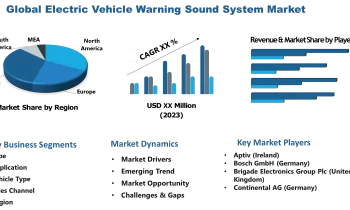
Uber Technologies, Inc (NYSE: UBER) the San Francisco based multinational transportation network company is reportedly looking into the possibility of offering small loans directly to its drivers.
The ride-sharing company founded in 2009 offers services which include peer-to-peer ridesharing, ride service hailing, food delivery, and a bicycle-sharing system has been sounding out the idea of building a “new financial product.”
The in-app survey sent to drivers contained questions regarding the driver’s previous loan and to gauge future interest in loans. The survey asked drivers questions such as “If Uber provided loans, what amount are you most likely to request?” Answer options were “Less than $100,” “Between $100 and $250,” “Between $250 and $500,” and “More than $500.”
Uber Technologies Inc. (NYSE: UBER) to Cash In?
Billed as a way to assist Uber drivers “in a time of need,” this is not the first time that Uber has dabbled with offering financial services and it is not difficult to see why the interest is ongoing. The small business loan market in the US a the fast-growing industry. As of 2018, according to statistics, there were 30.2 million small businesses in the United States with a lack of capital being the top challenge for 33% of small business owners. Meanwhile, big banks approved 26.9% of small business loan applications and smaller banks had a 50.2% approval rate. Alternative lenders approved 56.7% of business loan requests.
Previously, piloted a cash advance program which was interest-free for drivers in California and Michigan in 2016. Currently, Uber (NYSE: UBER) offers a credit card co-branded with Visa as well as an Uber cash digital wallet for its drivers. The company which enjoyed a $3.166 billion revenue as of June this year, also assists drivers to lease cars in collaboration with third parties.
Although Uber Technologies Inc. (NYSE: UBER) have declined to comment, speculation has already started that any move to offer smaller loans to drivers similar tp pay-day type loans, could lead to the exploitation of people, most of which are already in debt.



